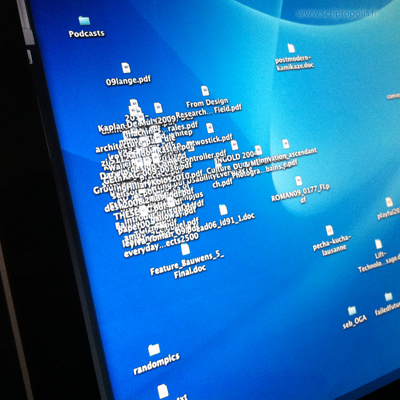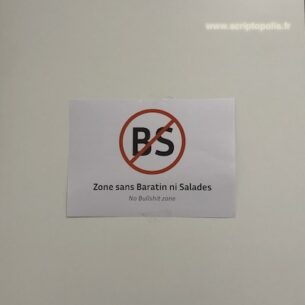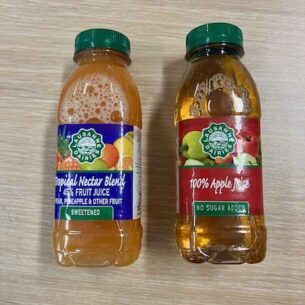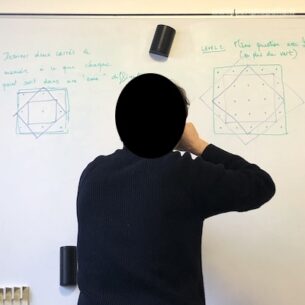Good pick

Facing the ever-increasing expansion of information, he has tried everything. At first, he used to print out articles that had to be read in priority and he carefully staked them on his desk. Then, he stored every item in different piles, each of them corresponding to a specific topic. As soon as his desk was occupied by nothing but different piles of papers, he decided to get an additional piece of furniture. So, he bought a side table. But it was promptly insufficient. He then invested in binders sorted out on a shelf, while keeping on his desk only the pile of most urgent papers he had to read.
This furniture were associated with a similar ordering of folders and files in his laptop. But nothing worked. Useful information was always more and more abundant while the time to read them seemed in short supply. The very help of software devoted to order items into a relevant database was unsatisfactory. Neither the centuries long techniques to sort out, nor the material technologies of storage enabled his job to be done. The distributed resources that support his cognitive operations were only partly fulfilling the constraints generated by the attention economy. Then, he recently chose a radical option: trusting good fortune. Whenever he’s got some time to read, he randomly picks up one of the files crowded on his desktop.






